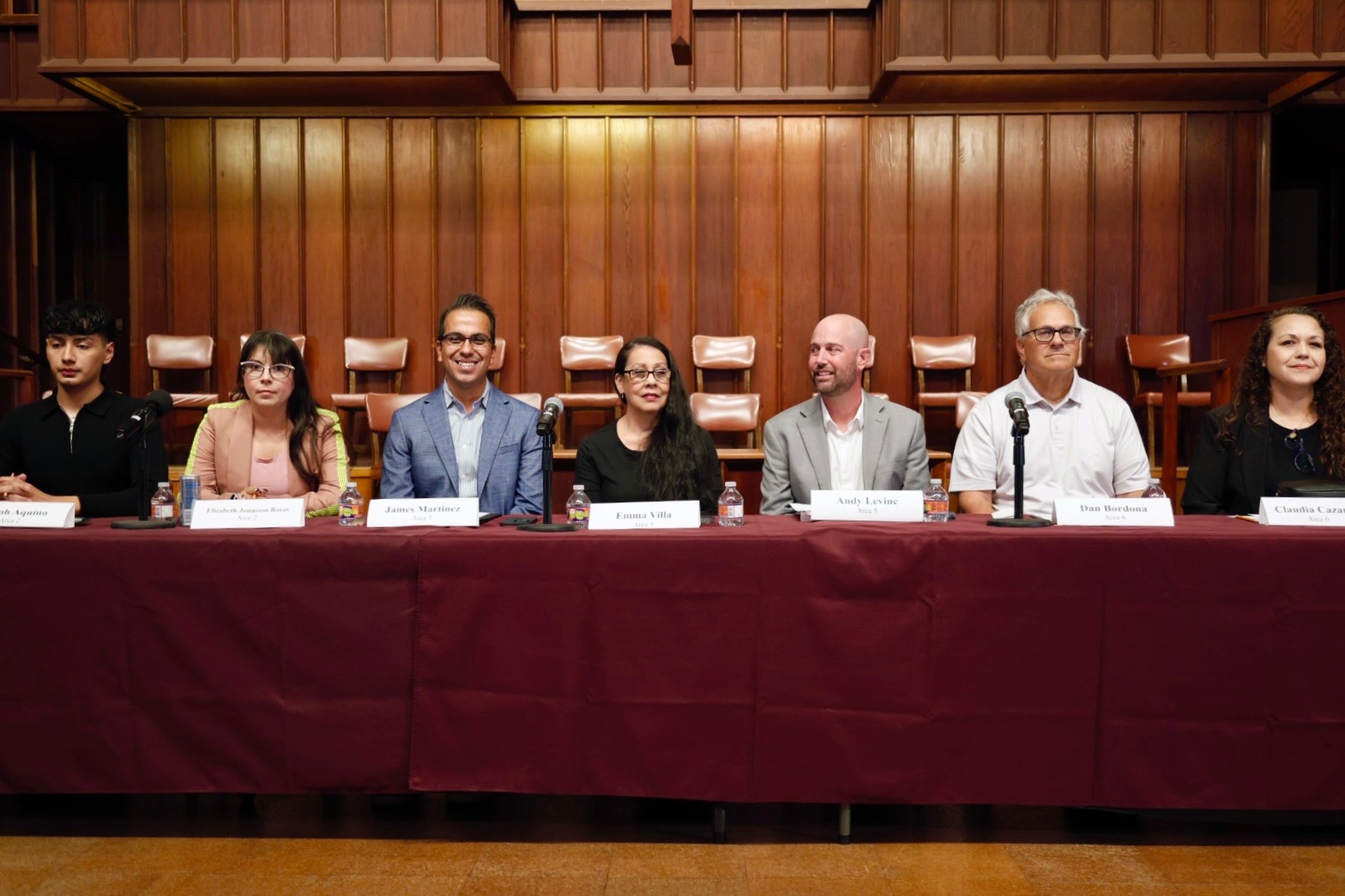Right now, college students are enrolling in courses for the spring semester and classes are scarce. This summer, lack of classes contributed to a scam at Fresno City College (FCC), when a group of students took a class from a phony teacher.
We decided to analyze this situation from three different viewpoints: the con artist, Jacklyn Murphy, the student, and the FCC school system.
Looking at it from Murphy’s perspective, we thought she might have planned the scam due to her desperate need for money in the declining economy. She did want to become a teacher, and probably thought that with her degree in liberal studies, would be able to trick students into thinking that she was a legitimate one. It seemed to have worked this time.
The students who were scammed should have paid more attention to the red flags before deciding to take the class. It should have been obvious that something was fishy once Murphy asked them to pay the fee upfront and to meet at Starbucks instead of a regular classroom.
But taking a deeper look into the situation reveals more than just common deception. We hypothesized that maybe the students did not know what they were doing and were desperate for a class they couldn’t get regularly at the college, but if that was the case, where were the counselors?
It was surprising that FCC did not seem to find the fraud so important even if there were only several students who actually came out and reported it to the police. They did not take much action to try to prevent something like this from happening again, which raises new questions. Are there more phony teachers? Are FCC students well-informed about the process of signing up for classes?
In the final aspect of this situation, we concluded that FCC needs to provide the students with better counseling. During college orientations, the information given about how to sign up for classes should be clear and understandable so that the students aren’t deceived again by another con. Fraud awareness should be increased throughout the FCC campus to avoid future scams. The counseling system isn’t perfect, and FCC needs to take make sure each student has access to counselors that can recommend the classes students need to graduate. If these changes are met, FCC will be a better example of a safe learning facility.


